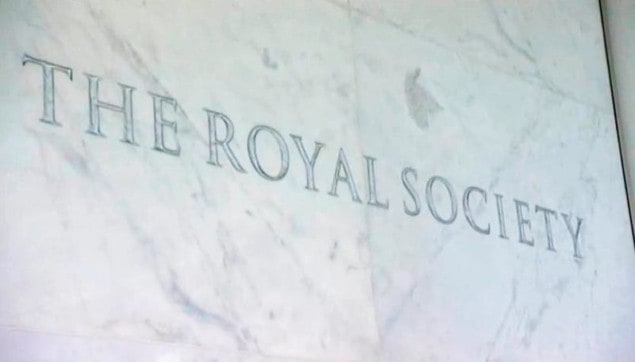
The UK’s current position at the forefront of science and technology is under threat from public spending cuts that are being imposed just as other countries are boosting their own support for fundamental research. That is the view of a new report released today by the Royal Society entitled The Scientific Century: Securing our Future Prosperity. Written by an advisory group that included two former UK science ministers – David Sainsbury and William Waldegrave – as well as scientists and business leaders, the 76-page document warns that the UK faces decades of “slow economic decline” unless investment is increased.
The Royal Society report makes six recommendations to boost UK science and technology, including the need to “put science and innovation at the heart of a strategy for long-term economic growth”, “prioritize investment in excellent people”, “strengthen government’s use of science” and “reinforce the UK’s position as a hub for global science and innovation”. Published as the UK heads into a general election, the report also calls for the UK to “better align science and innovation with global challenges” and “revitalize science and mathematics education”.
They are putting science at the heart of their economic recovery and we should do the same Martin Taylor, University of Manchester
The report points out that the UK’s universities are currently ranked second only to those in the US and have been become very successful at transferring knowledge to industry. The number of patents granted to UK universities increased by 136% between 2000 and 2008, according to the report, while university spin-out companies employed 14,000 people in 2008. Many of these jobs are in hi-tech clusters in places such as Cambridge and Oxford and the report warns that some clusters are fragile and “need to be nurtured carefully” during the current economic downturn.
UK cuts while others spend
The report contrasts the situation in the UK, which is cutting university budgets by £600m and is pulling out of some 25 leading international projects in astronomy, nuclear and particle physics and space science, with investment in science in other countries. It cites last year’s €12bn increase in education and research spending in Germany, a $21bn boost for science in the US, a €35m investment in the “knowledge economy” by France and a 20% annual increase in science spending by China as reasons for concern.
If we cut science now…we will seriously damage our economic prospects William Waldegrave, former UK science minister
“It’s very striking to see how other countries are investing in science – particularly France and Germany, which are in similar situations as the UK,” says Martin Taylor, a mathematician at the University of Manchester and chair of the advisory group. “They are putting science at the heart of their economic recovery and we should do the same.”
Those thoughts are echoed by Waldegrave, who served as science minister from 1992 to 1994 and famously invited physicists to explain, on a single sheet of A4, why searching for the Higgs boson at CERN is important. “Times are tough at the moment but that is exactly when you need to invest in the future and focus spending where you already have an advantage,” he says. “If we cut science now, just as the benefits of nearly 20 years of consistent policy are really beginning to bear fruit, we will seriously damage our economic prospects.”



